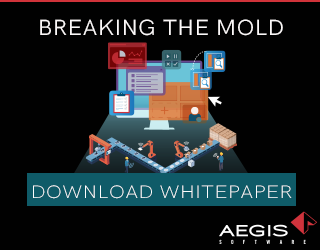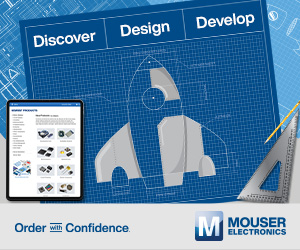Proposed iNEMI Projects in Eco-Design and Extended Reliability Help Promote a Circular Economy in Electronics Manufacturing
iNEMI hosted a virtual workshop — Promoting a Circular Economy through Best Practices in Eco-Design and a Standardized Procedure for Extended Reliability Assessment — as part of this year’s Electronics Goes Green (EGG) conference. The workshop, moderated by Tom Okrasinski (Nokia Bell Labs), focused on two key areas identified by iNEMI members as opportunities for supporting the realization of a circular electronics economy: innovative eco-design and extended reliability potential of electronic systems.
Julio Vargas (IBM) presented motivation for an industry-wide need for understanding and sharing best practices in innovative eco-design. Eco-design is the first step to meeting circular economy goals. Eco-design can have significant impact on product manufacturing, maintenance, packaging, branding and end of life. However, there is limited industry discussion and leadership around eco-design, a lack of knowledge by design teams as to what innovative eco-design is, as well as limited formal training in academia.
iNEMI is proposing a project to help drive and “socialize” eco-design best practices, identifying
practices that have the greatest impact by including a holistic view of the product in society and the environment. This project will also help mature the industry’s ability to implement these best practices.
The break-out discussions centered on the many challenges of implementing innovative eco-design in organizations, such as trade-offs between materials and components, manufacturing versus recycling issues, costs, and the lack of definitions and best practices. Participants also identified several key tools to be considered when performing eco-design such as a variety of life cycle analysis tools, the Ellen MacArthur Foundation Circular Design Toolkit, cost assessment tools and tools that collect relevant data from suppliers.
Juan Dominguez (Intel Corporation) led the discussion about the benefits of quantifying the extended reliability potential of electronic components and systems. Industry initiatives are recognizing closed material and product utilization loops as an essential part of the upcoming manufacturing revolution, which will redefine value through remanufacturing, refurbishment, repair and direct reuse in the circular economy. Knowing the extended reliability of components and/or systems will be critical to supporting this revolution.
There are societal and environmental motivations to increase the lifetime of electronics. Customers prefer to reduce the buying cycle and, instead, upgrade via software and extra services. Future legislation to curb greenhouse gas emissions will also motivate the push for increasing the lifetime of components. However, there are challenges with assessing “actual lifetime” of system components. iNEMI is proposing a project that, from a proof-of-concept data collection plan, would develop a standardized procedure for extended reliability assessment and component classification.
The break-out session for this workshop group discussed system-level versus component-level reliability needs and the need to determine the most critical components on which to focus. Additionally, several repairability projects were identified including the Sustainably Smart Project.
iNEMI’s Sustainable Electronics Technology Integration Group (TIG) is hosting a follow-up webinar on September 30 to continue the discussion and further refine the project proposals and priorities identified at the EGG workshop. This will be a working session where participants are invited to learn about the two project proposals and provide live, interactive feedback and discussion with industry leaders. For additional information and to register.










